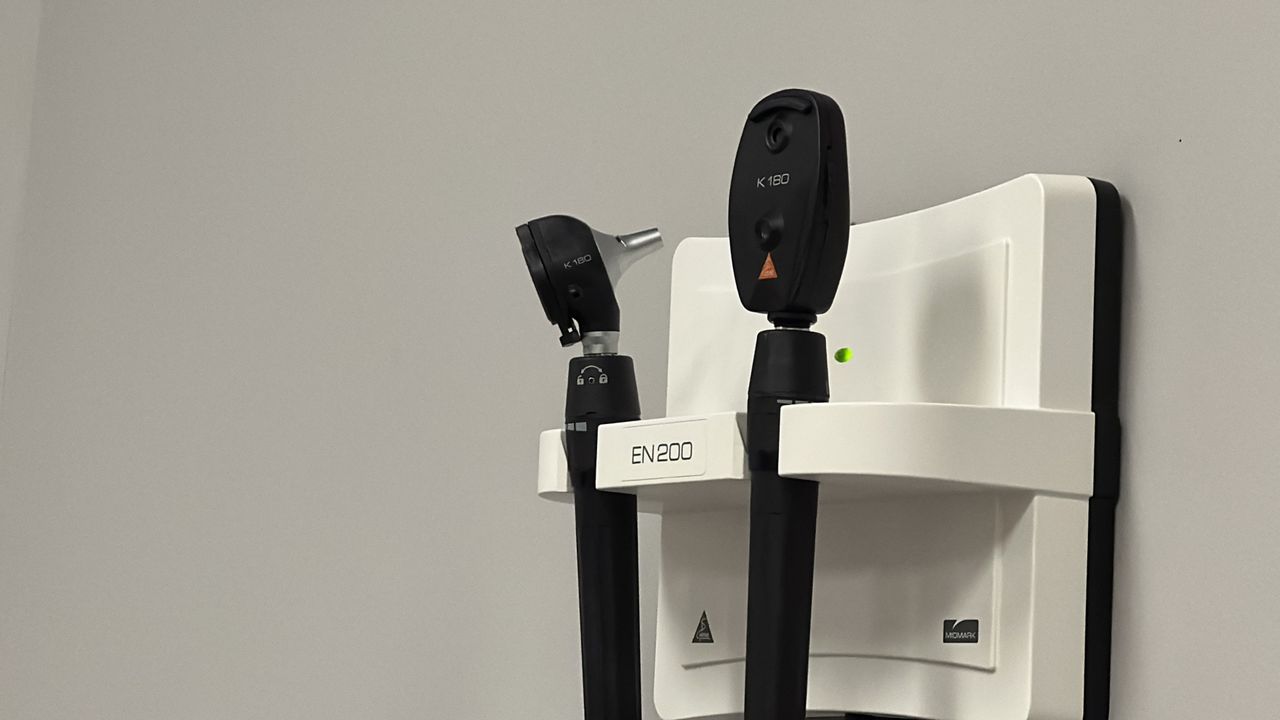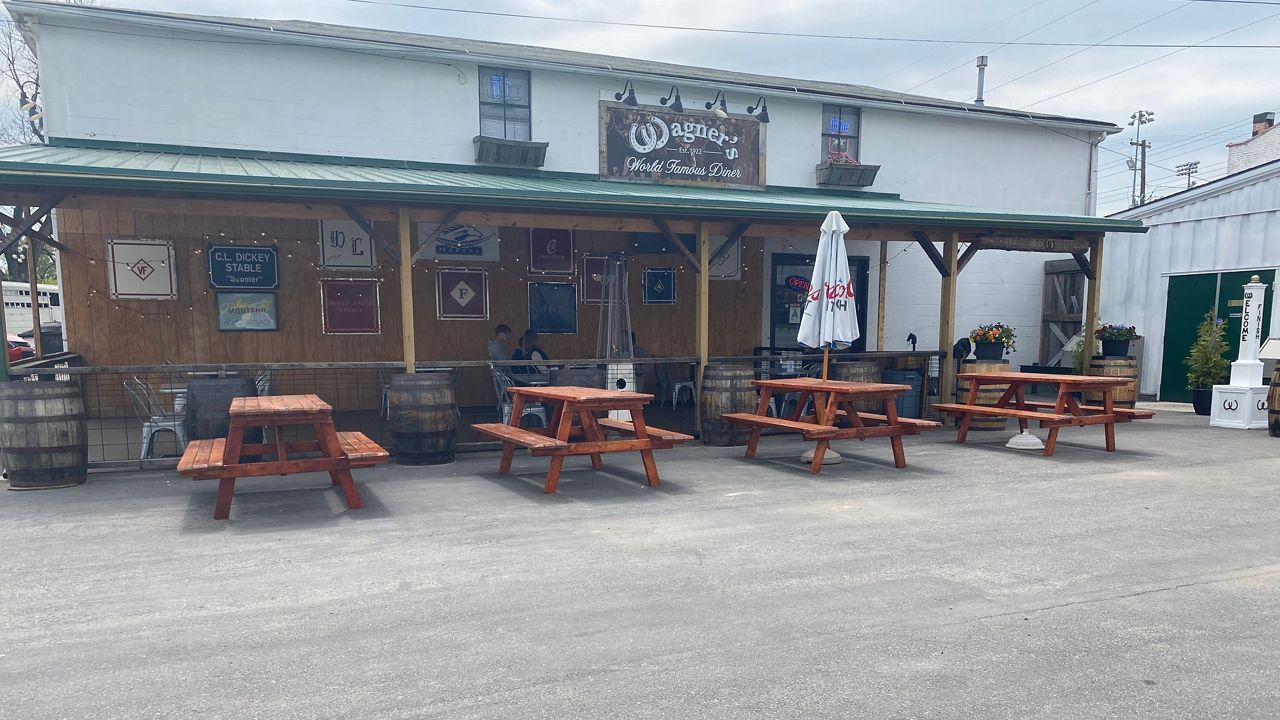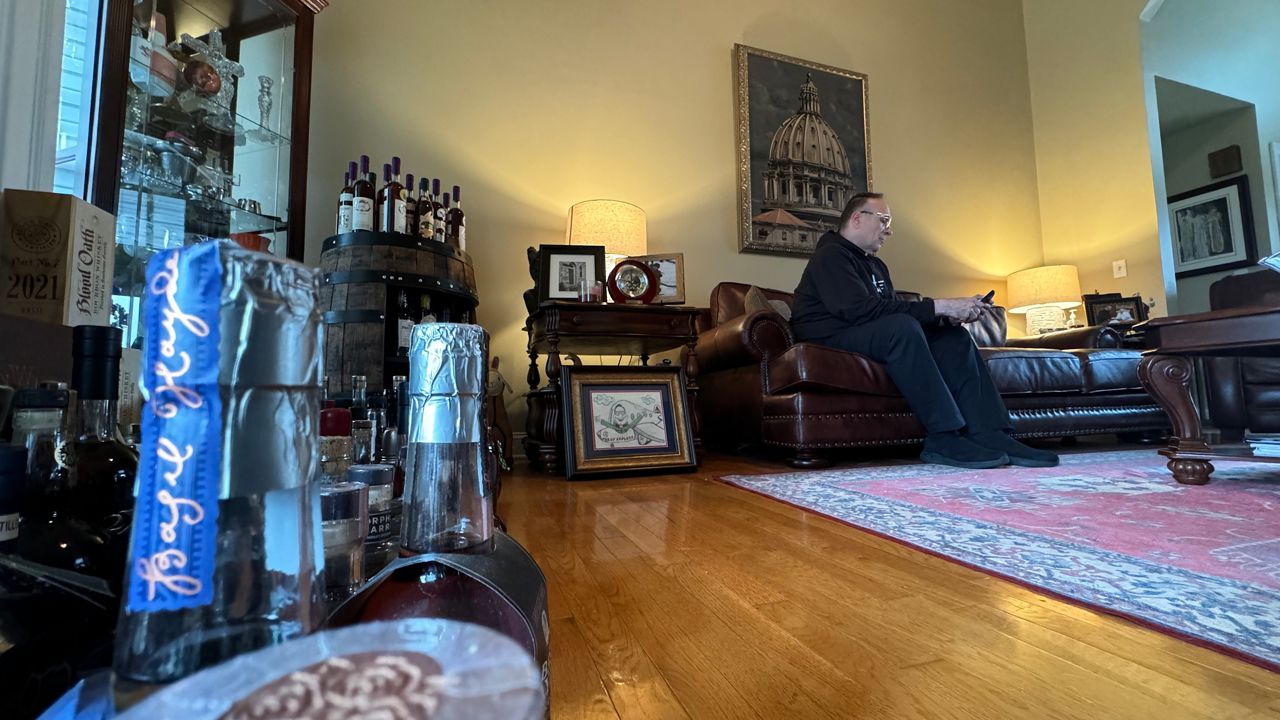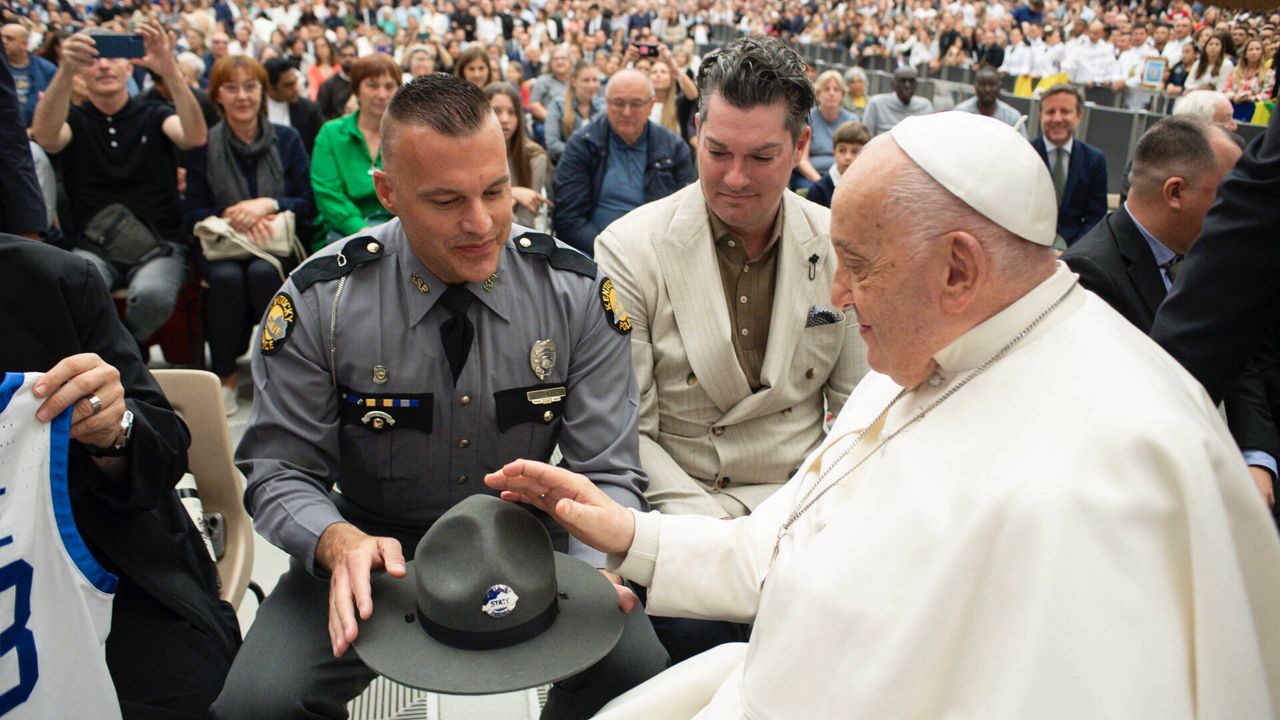LOUISVILLE, Ky. — Louisville’s crisis intervention program will begin operating 24 hours a day, starting July 1.
The Crisis Call Diversion Program allows mental health professionals to handle certain calls where someone is experiencing a behavioral crisis, instead of a police officer being dispatched.
“I believe this is working,” said Jean Romano, vice president of adult services of Seven Counties Services, which employs the crisis diversion team. “We've been able to work with individuals who've said that by us responding, their intent was to die by cop and have suicide by cop. And because a mental health responder showed up instead of an armed officer, that person is alive.”
The deflection program began two years ago and expanded to cover the entire city in 2023.
Romano said staff are trained to de-escalate, provide emotional support and connect people with the help they need. If necessary, a team of two or three people can be sent to a person’s location.
“Many of the folks on our team have lived experience in mental health, behavioral health, addictions, houselessness and other areas," Romano said. "So they’re able to be the ‘Been there, done that, recovery is possible’ hope for someone in crisis."
Since its creation, this team has deflected about 4,000 calls. It allows officers to focus on other situations where they may be needed.
“We want to ensure that the best resources are dispatched to that call for service, and sometimes that response is not an individual with a badge and a gun,” said Louisville Metro Police Deputy Chief Steven Healey.
During a June 27 news conference, city leaders announced the expansion of the program’s hours. Officials said the program’s staff has also expanded to nearly 40 people, which will allow for around-the-clock work.
“Mental health and (the) mental health crisis is very real in our community,” Healey said. “And that's something that we need to recognize and provide the appropriate services to those individuals.”










